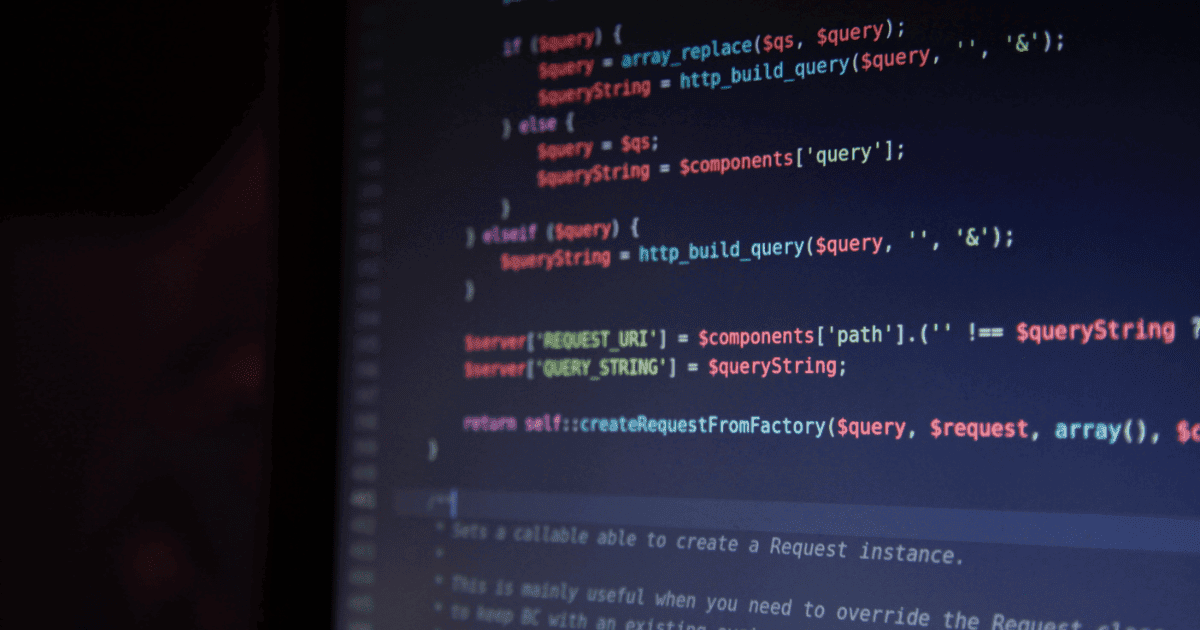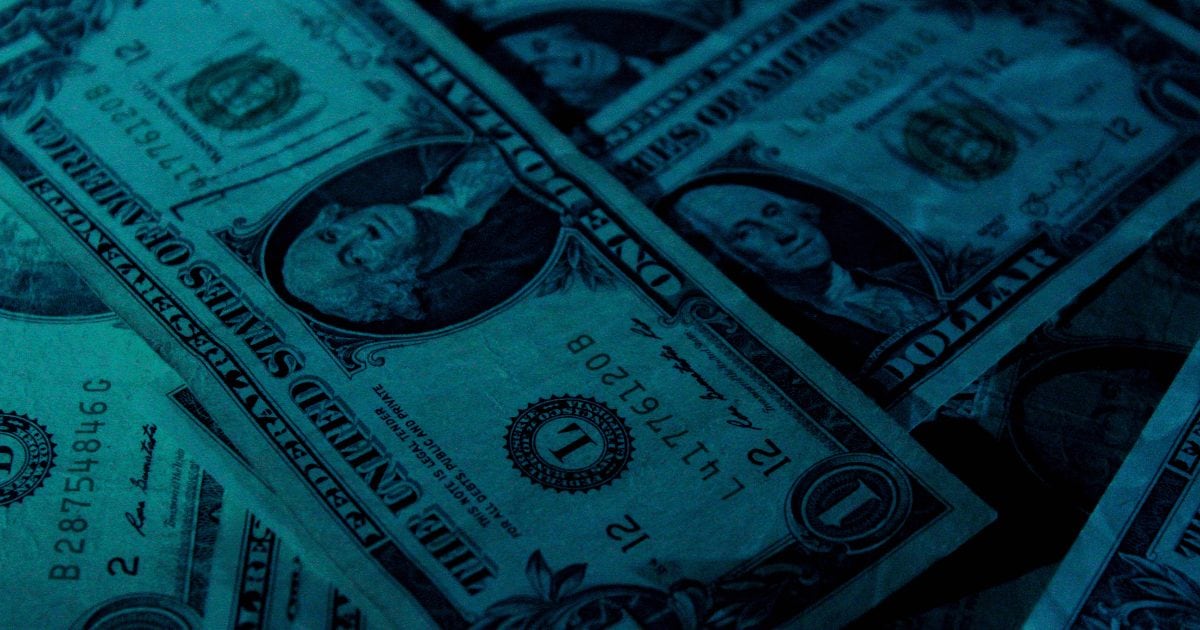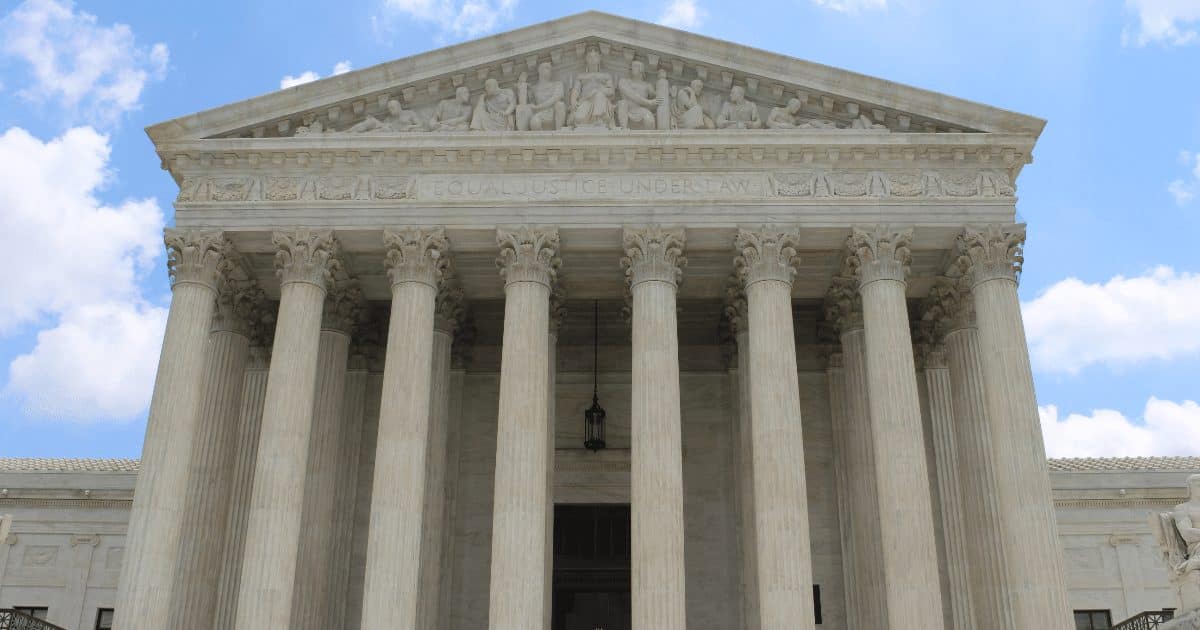Yesterday the U.S. Consumer Financial Protection Bureau (CFPB) proposed a new set of rules that would let debt collectors text you.
legal
This Algorithm Could Erase Your Criminal Records
This month, a California judge erased thousands of criminals records with the help of an algorithm. The creators of it say they’re just getting started.
It discards any record involving a violent crime, as such records do not qualify. For those that remain, the tool automatically fills out the necessary paperwork. In other words, the algorithm replaced the process being done manually at the expungement clinics.
Working with San Francisco’s raw data, Code For America was able to identify 8,132 eligible criminal records in a matter of minutes – in addition to the 1,230 found manually already. They dated as far back as 1975, the year in which the city started digitising its files.
Podcasters are Having Problems With New Service Luminary
Luminary is a new podcast service without ads. Instead it’s subscription-based. But it sounds like the company is stealing podcasts.
Apple Qualcomm Court Battle Starts Today
The Apple-Qualcomm court battle starts today over chip royalties, and billions of dollars could be at stake.
Canadian Woman Bought $6M Worth in iPhones, iPads Unnoticed for 5 Years
Nadia Minetto bought $6 million in iPhones and iPads, charging them to her company credit card. They didn’t notice until five years later.
Qualcomm Owes Apple $1 Billion Rebate Payment
A federal judge recently ruled that Qualcomm owes Apple almost US$1B in patent royalty rebate payments.
Judge Gonzalo Curiel of the U.S. District Court for the Southern District of California on Thursday ruled that Qualcomm, the world’s biggest supplier of mobile phone chips, was obligated to pay nearly $1 billion in rebate payments to Apple, which for years used Qualcomm’s modem chips to connect iPhones to wireless data networks.
Poor People Need Privacy As Much as Everyone Else
Elizabeth Brico writes how privacy might be turning into a luxury, and how poor people can’t afford the legal costs if their identity is stolen because of all the data breaches.
For her part, Gilman argued that many times, names and addresses can be enough to commit the types of identity fraud she has helped her low-income clients battle. “It can cost time and money to clean up the effects of identity theft because low income people are already living on the economic margins, any loss of funds can be catastrophic,” she said. “You have less privacy as a poor person,” Muentz added. “Privacy is becoming a luxury.”
Huawei Suing U.S. Government Over Ban
Huawei is suing the U.S. government because its products were banned from being used by federal agencies.
According to one of the people familiar with the matter, Huawei’s lawsuit is likely to argue that the provision is a “bill of attainder,” or a legislative act that singles out a person or group for punishment without trial. The Constitution forbids Congress from passing such bills.
Now Kansas Introduced a Porn Filter Bill
Last month I wrote about an Arizona politician wanting to introduce a porn filter bill. Now Kansas wants to do the same thing, although it sounds like this one won’t attempt to fund the border wall.
“It’s to protect children,” Garber, a Republican, said in an interview. “What it would do is any X-rated pornography stuff would be filtered. It would be on all purchases going forward. Why wouldn’t anybody like this?”
Why indeed. Because you guys don’t seem to care about children outside of the womb.
Faulty iPad Behind New Jersey Apartment Fire
Apple is being sued because a faulty iPad battery caused a New Jersey apartment fire in 2017, killing the occupant.
Russian iCloud Data to be Stored Locally
Like it did in China, Apple has decided it will comply with a 2014 Russian law requiring citizen data to be stored in local servers.
This Privacy Bill Could Stop Warrantless Searches of Cloud Data
A privacy bill introduced by Utah lawmaker Rep. Craig Hall could bar warrantless searches of cloud data uploaded to apps and other services.
It Doesn't Look Good for Qualcomm in Antitrust Trial
Qualcomm and the FTC have presented closing arguments in the antitrust trial, and it doesn’t sound good for Qualcomm.
The evidence is overwhelming that Qualcomm engaged in exclusionary conduct. The effects of Qualcomm’s conduct, when considered together, are anticompetitive.
It will be interesting to see if this case will finally close, or if Apple and Qualcomm will keep fighting like Apple and Samsung do.
Facebook Documents to Show how it Preyed on Kids
It sounds like some Facebook employees were worried the company was misleading kids who spent their parents’ money on in-app purchases in games.
Qualcomm Wants Apple Lawyers Jailed or Fined
Qualcomm says that Apple isn’t taking the Chinese ruling as serious as the German injunction, even though the German injunction is hardware-related and the Chinese one is software-related.








